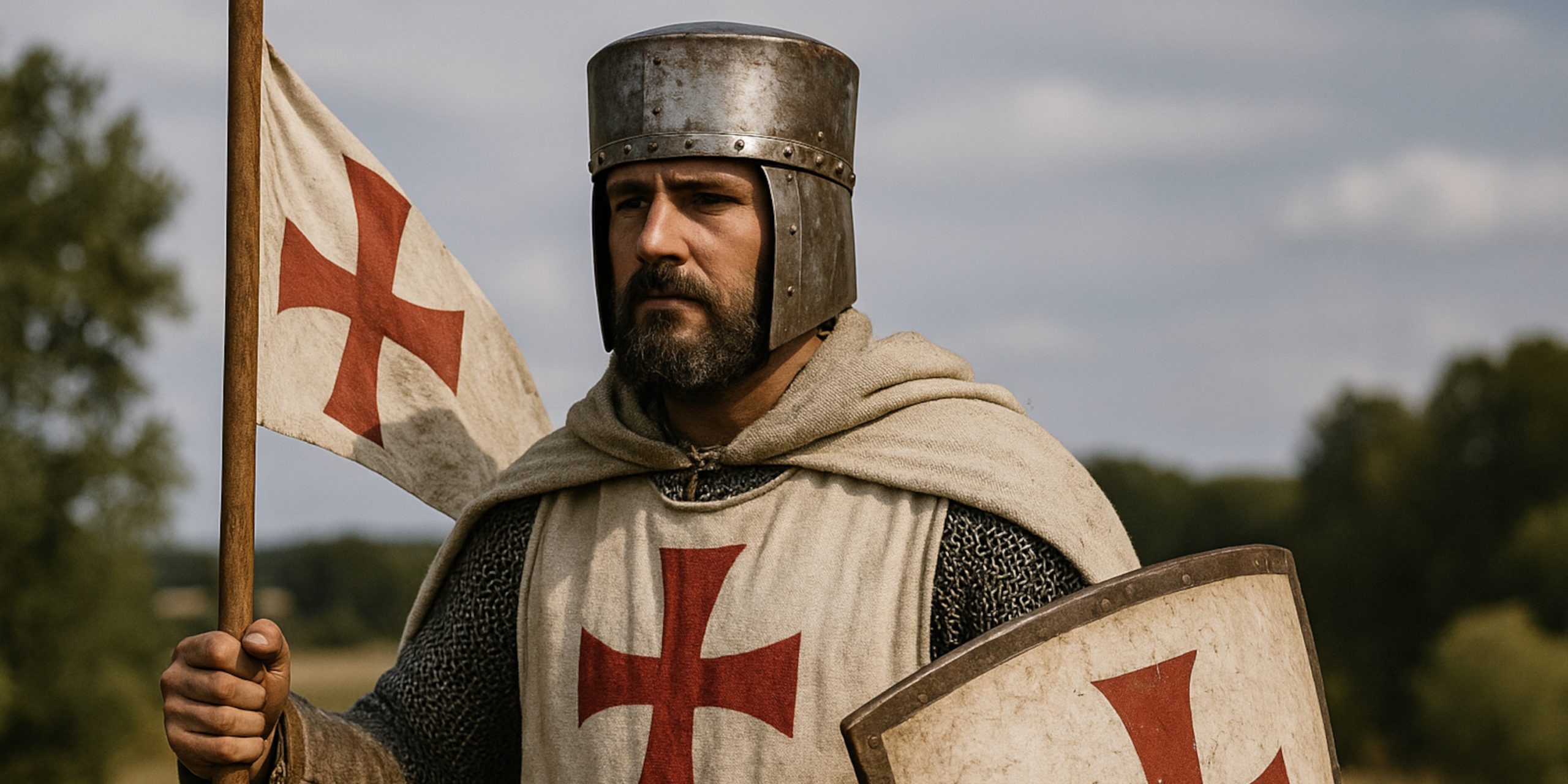
Holy Orders in Crusader Kings 3 are powerful religious military organisations that can shift the balance of wars. Unlike mercenaries, they do not demand gold up front but require shared faith and often come with political and religious consequences. For the player focused on holy wars, crusades, or defending the faith, understanding how Holy Orders function is vital.
What Are Holy Orders?
Holy Orders are faith-based military units available to rulers who share their religion. They can only be used in wars against enemies of the faith. Once established, they remain active until the end of the game and can be hired by other rulers of the same religion—unless you hold patronage over them.
Founding a Holy Order
To establish a Holy Order, you must meet the following requirements:
- Faith must be organised
- Control a castle holding that is not already leased
- Have at least 500 piety
- Be an independent ruler or have appropriate rights
- Have 300 gold available
Once these criteria are met, the decision “Found Holy Order” will become available. You will then name the order and assign it a leased title, which they will hold permanently.
Tip: Choosing a strategically placed holding gives the order a valuable launch point for religious wars and defence.
Hiring a Holy Order
You can hire a Holy Order during war if:
- You are fighting enemies of your faith
- You share the same religion as the order
- The order is not already hired by another ruler
- You can afford the piety cost (if not their patron)
Hiring costs:
- 0 piety if you are the patron
- 150 piety otherwise
Once hired, the Holy Order acts like a standard army and can be commanded directly.
Becoming a Patron of a Holy Order
The patronage of a Holy Order allows you to:
- Hire the order for free
- Prevent other rulers from using them
- Gain influence over their growth and development
To become a patron, you must lease them the holding during their founding or inherit the title that controls them. Only one Holy Order can be patronised at a time unless you are the head of faith.
Strength and Composition
The strength of a Holy Order depends on:
- Number of holdings leased to them
- The faith’s fervour
- Religious tenets that influence knight quality or unit bonuses
Holy Orders often include a high number of knights and quality men-at-arms tailored to your faith’s military doctrine. For instance:
- A Catholic Holy Order may include armoured footmen and crossbowmen
- An Asatru Holy Order may favour huscarls and light infantry
Customisation and Roleplay
When founding a Holy Order, you can customise:
- Name
- Location
- Visual identity (via the title granted)
This makes them ideal for roleplay-heavy campaigns, especially in Crusader or heresy-focused runs.
Tips for Using Holy Orders Effectively
- Time your wars when Holy Orders are not hired by others
- Control a leased castle early to guarantee patronage
- Stack religious tenets that boost knight effectiveness
- Combine them with allies and mercenaries for overwhelming force
- Use them in Crusades where they often tip the balance
Holy Orders and Religion
Faiths with the “Struggle and Submission” or “Armed Pilgrimages” tenets benefit greatly from Holy Orders, as do those in constant conflict with heresies or other religions.
Faiths that lack the ability to found Holy Orders (e.g. unreformed tribal religions) are often at a disadvantage unless reformed or organised.
Can Holy Orders Be Destroyed?
No. Once founded, Holy Orders cannot be disbanded, even if they lose all their holdings. However, their power can decline if they are deprived of income or land.
Holy Orders vs Mercenaries
| Feature | Holy Orders | Mercenaries |
|---|---|---|
| Cost | Piety (or free for patron) | Gold |
| Availability | Faith-based, limited by wars | Always available (if hired) |
| Control | Shared across the faith | Hired per contract |
| Longevity | Permanent | Temporary (5 years) |
| Influence | Can be patronised | No long-term control |
The Seven Swords Takeaway
Holy Orders in Crusader Kings 3 offer far more than just extra troops. They are an extension of your religious power and can be manipulated strategically to dominate in faith-based conflicts. Whether used to lead a Crusade, defend against jihads, or crush heresies, they are one of the most useful and flavour-rich military tools available to a devout ruler.
By investing early, securing patronage, and aligning with strong tenets, you can use Holy Orders not just as soldiers, but as political leverage and religious muscle in your campaign.










